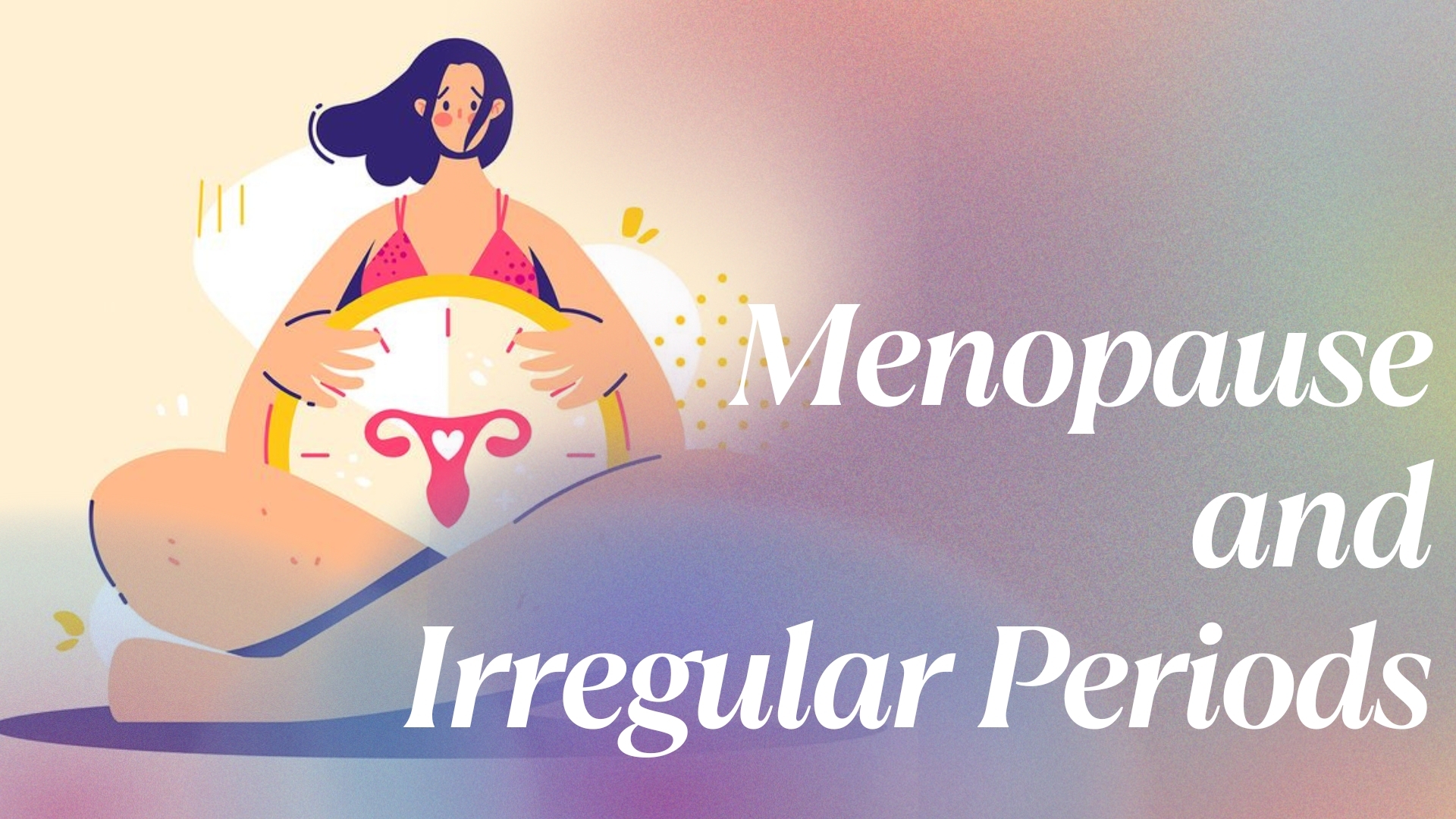
Feeling a shift in your monthly cycle? It could be a sign that menopause is on the horizon. your periods have changed. “What’s going on?” you ask. “Is this menopause?”
As women, our bodies undergo remarkable changes throughout our lives, with menstruation and menopause marking significant milestones. Understanding these transitions is essential for maintaining our health and well-being. In this article, we’ll explore the intricacies of menstrual changes and menopausal transitions, empowering you to navigate these phases with confidence and clarity.
Your menstrual cycle is a vital indicator of your reproductive health, offering insights into hormonal fluctuations and overall well-being. Changes in your menstrual pattern can signal shifts in your body, from stress and hormonal imbalances to the onset of menopause.
One common concern many women face is irregularities in their menstrual cycle. You may notice variations in cycle length, flow intensity, or the occurrence of spotting between periods. While occasional irregularities are normal and often benign, persistent changes warrant attention and may indicate underlying issues.
Menopause marks the end of your reproductive years, signaling the cessation of menstruation and hormonal fluctuations. While menopause is a natural transition, the journey leading up to it, known as perimenopause, can be characterized by a range of symptoms and changes in menstrual patterns.
As you approach menopause, you may experience alterations in your menstrual cycle, such as changes in frequency, duration, and flow intensity. Your periods may become irregular, with cycles varying in length and consistency. Some women notice an increase or decrease in flow, while others may experience episodes of heavy bleeding or spotting between periods.
Some Wellness Tips: Navigating Menstrual Changes and Menopausal Transitions
1. Stay Informed: Educate yourself about menstrual health and menopausal transitions. Understanding the changes your body undergoes empowers you to make informed decisions and seek appropriate care when needed.
2. Listen to Your Body: Pay attention to any changes in your menstrual cycle and menopausal symptoms. Keep track of your periods using a menstrual calendar or tracking app to monitor patterns and identify irregularities.
3. Prioritize Self-Care: Take care of your physical and emotional well-being during menstruation and menopause. Practice stress-reducing techniques, prioritize sleep, and nourish your body with a balanced diet and regular exercise.
4. Seek Support: Don’t hesitate to reach out to healthcare providers or support groups for guidance and assistance. Your healthcare team can offer personalized advice and treatment options to manage menstrual changes and menopausal symptoms effectively.
5. Embrace Empowerment: Embrace this transformative phase of your life with grace and resilience. Menstrual changes and menopausal transitions are natural processes that signify the wisdom and strength of womanhood.
Conclusion:
Menstrual changes and menopausal transitions are integral parts of every woman’s journey. By understanding the signals your body sends and embracing the natural progression of menstruation and menopause, you can navigate these phases with confidence and grace. Remember, you’re not alone on this journey – seek support, prioritize self-care, and embrace the transformative power of womanhood.
Stay up to date with our offers and events
Copyright © 2024 Unpause Ru Medical. All rights reserved.
Powered by TKV Creatographics